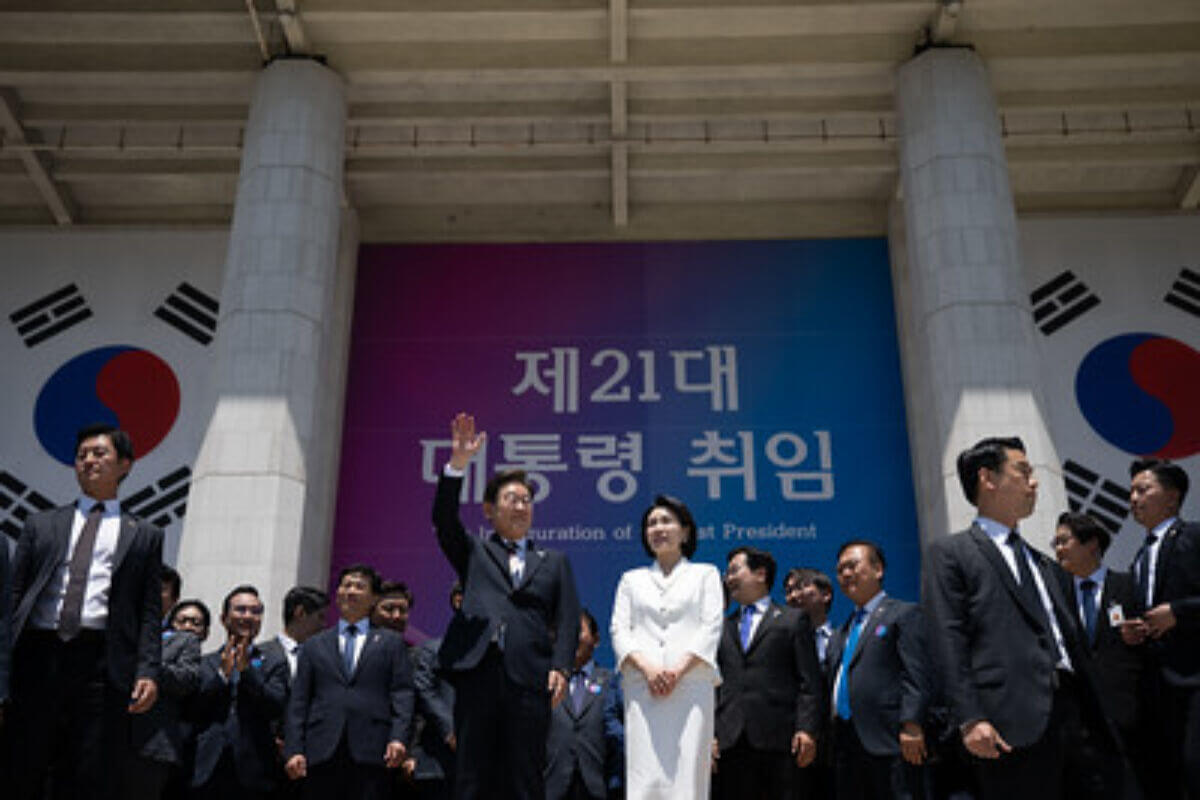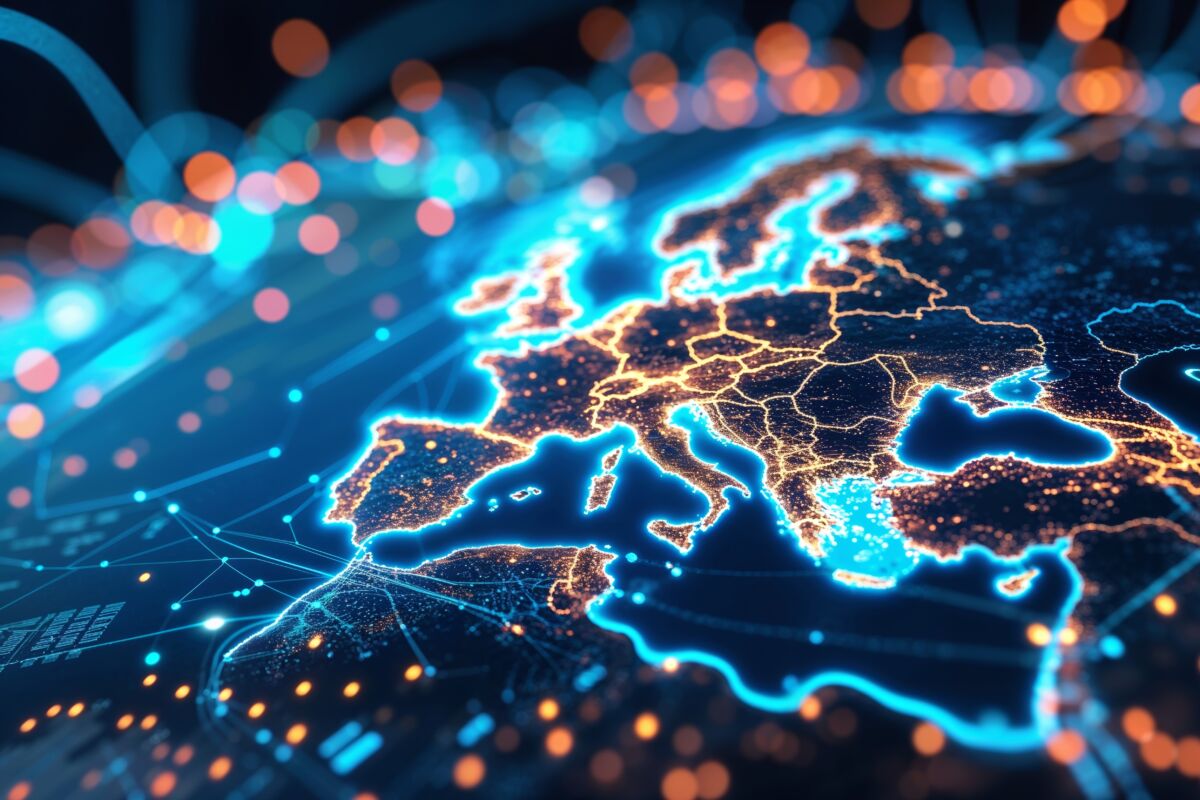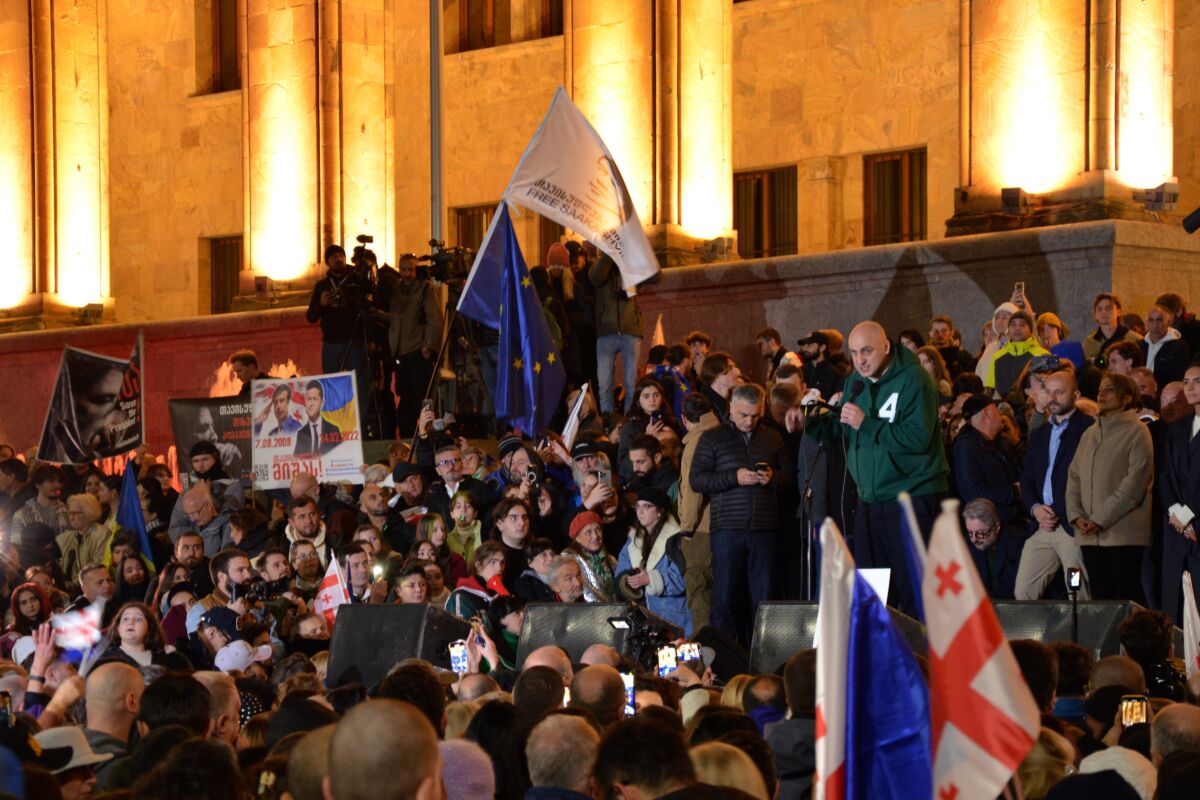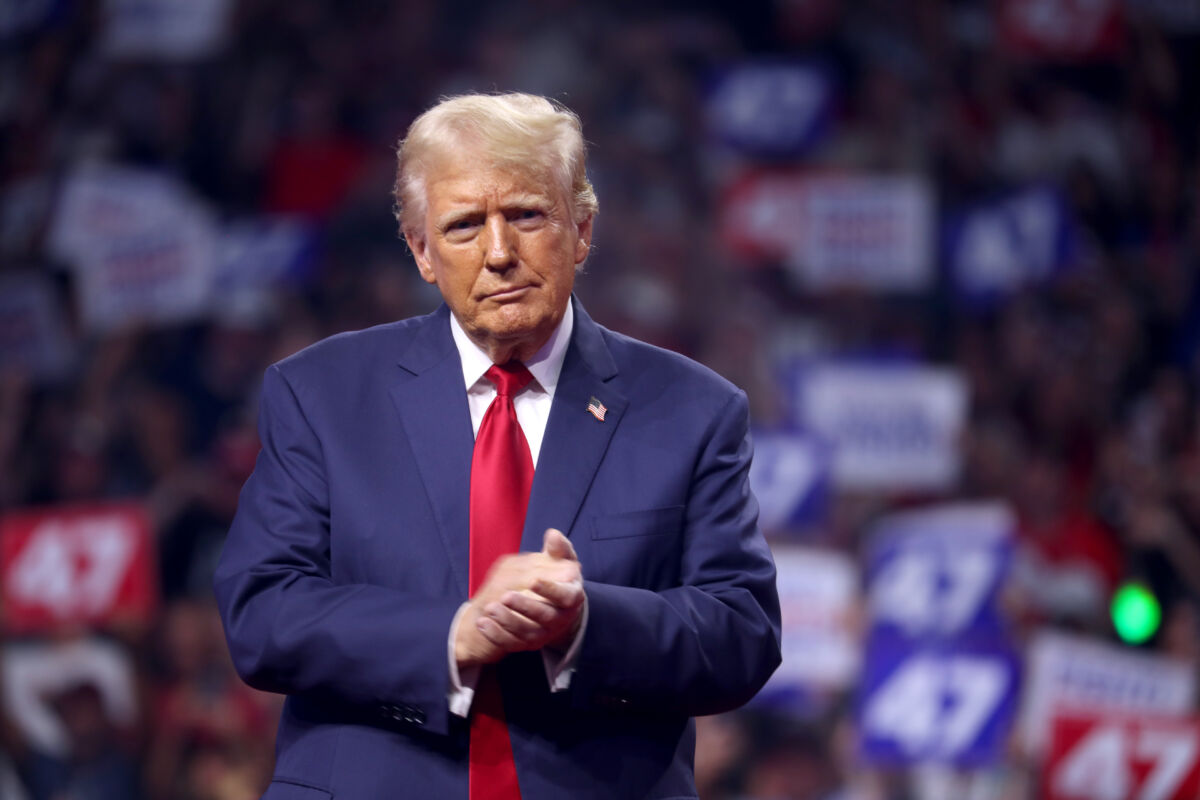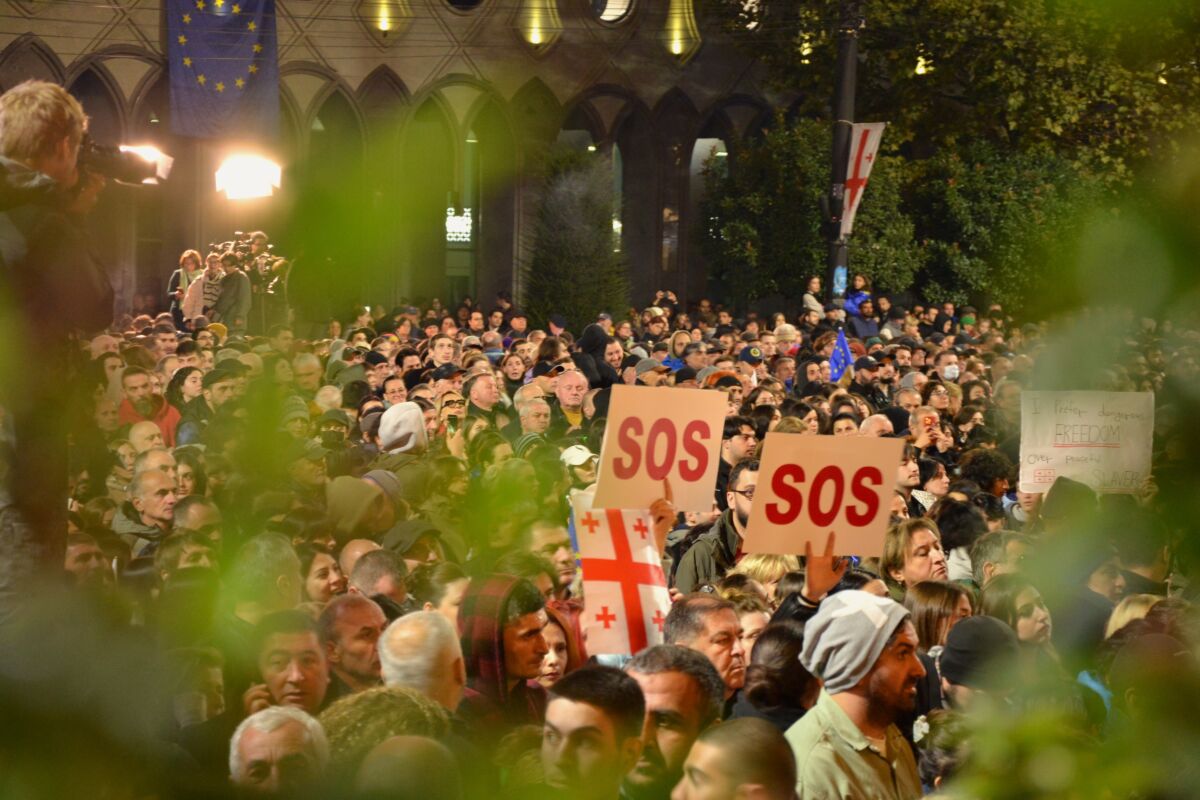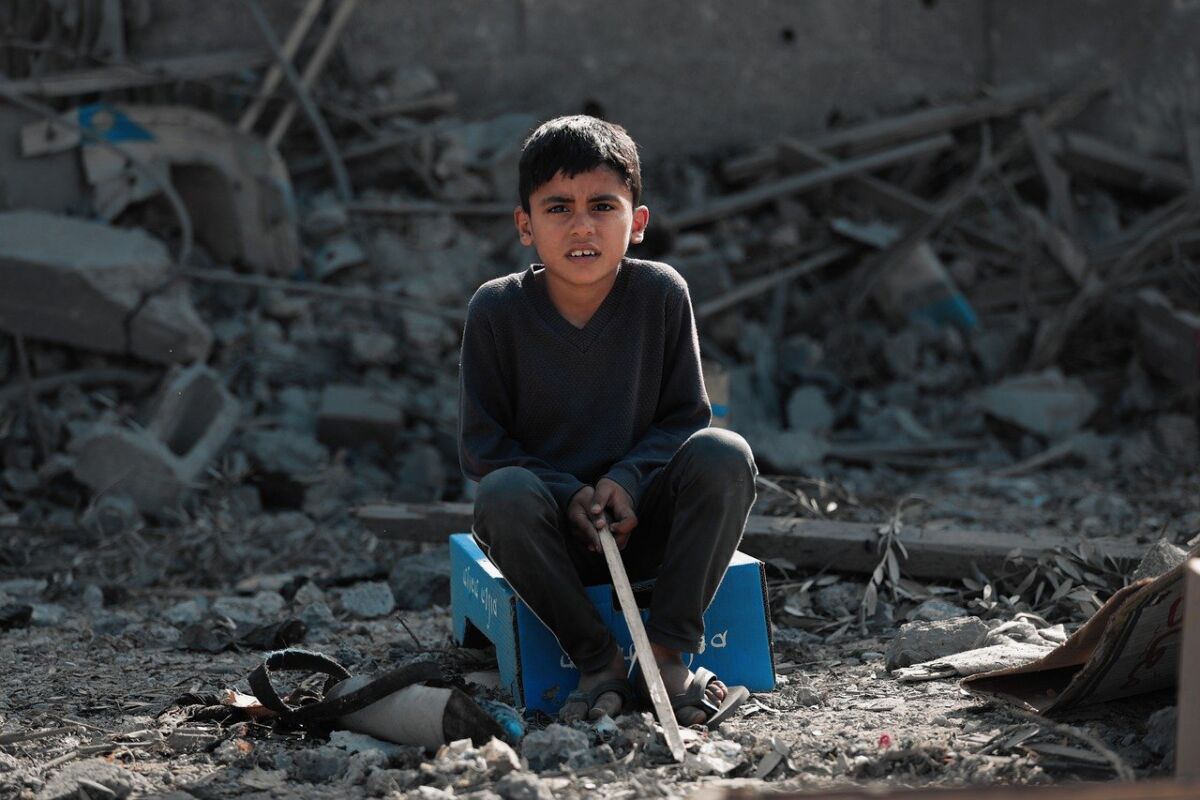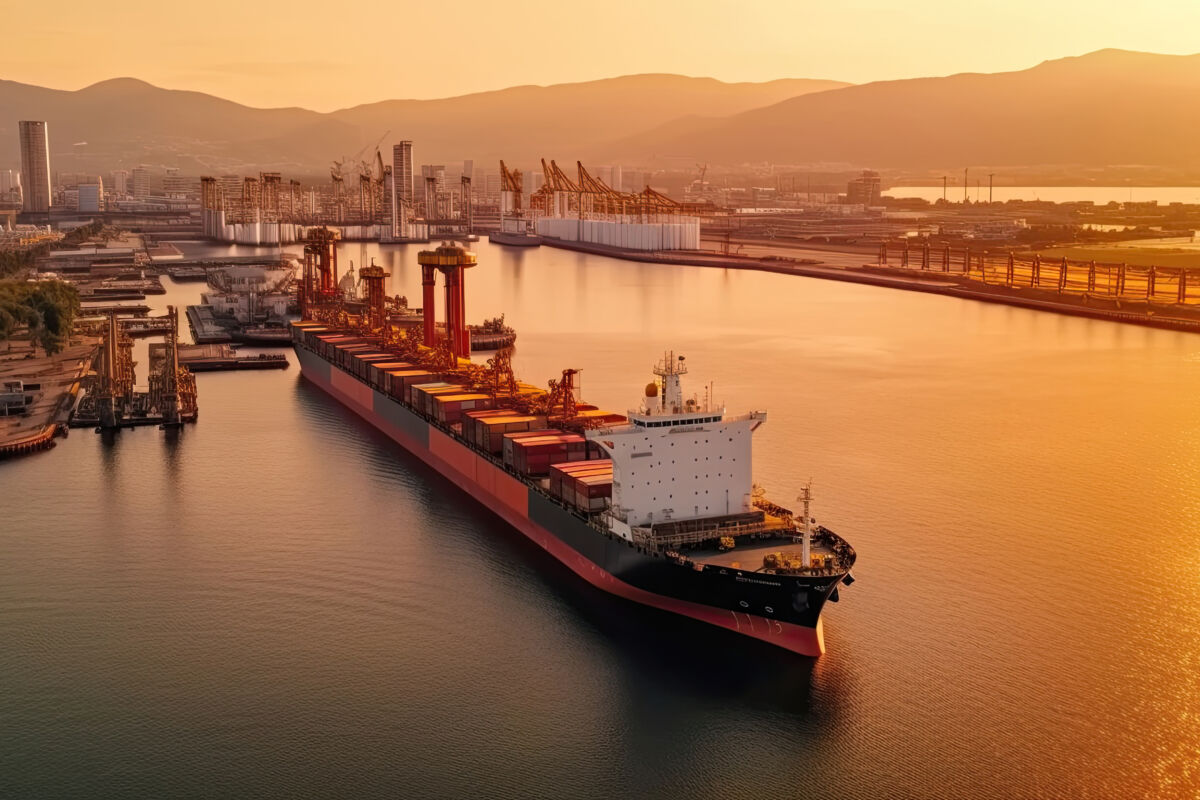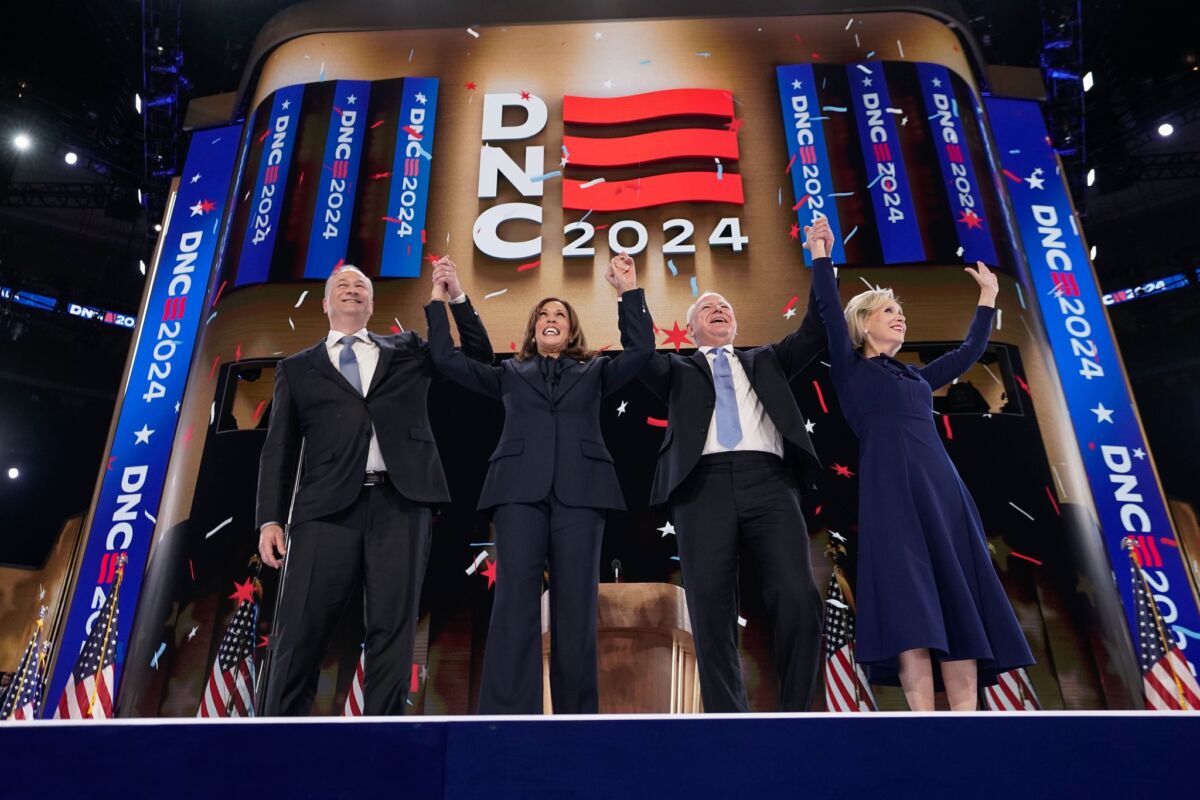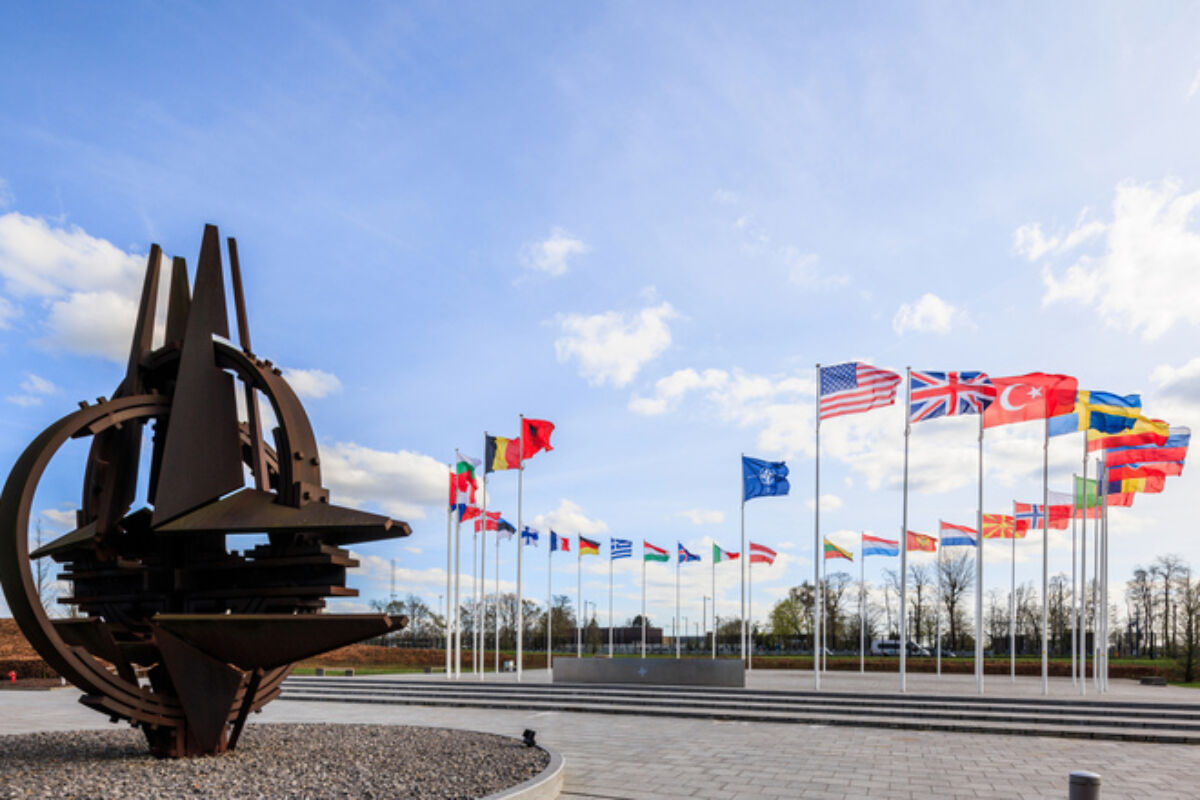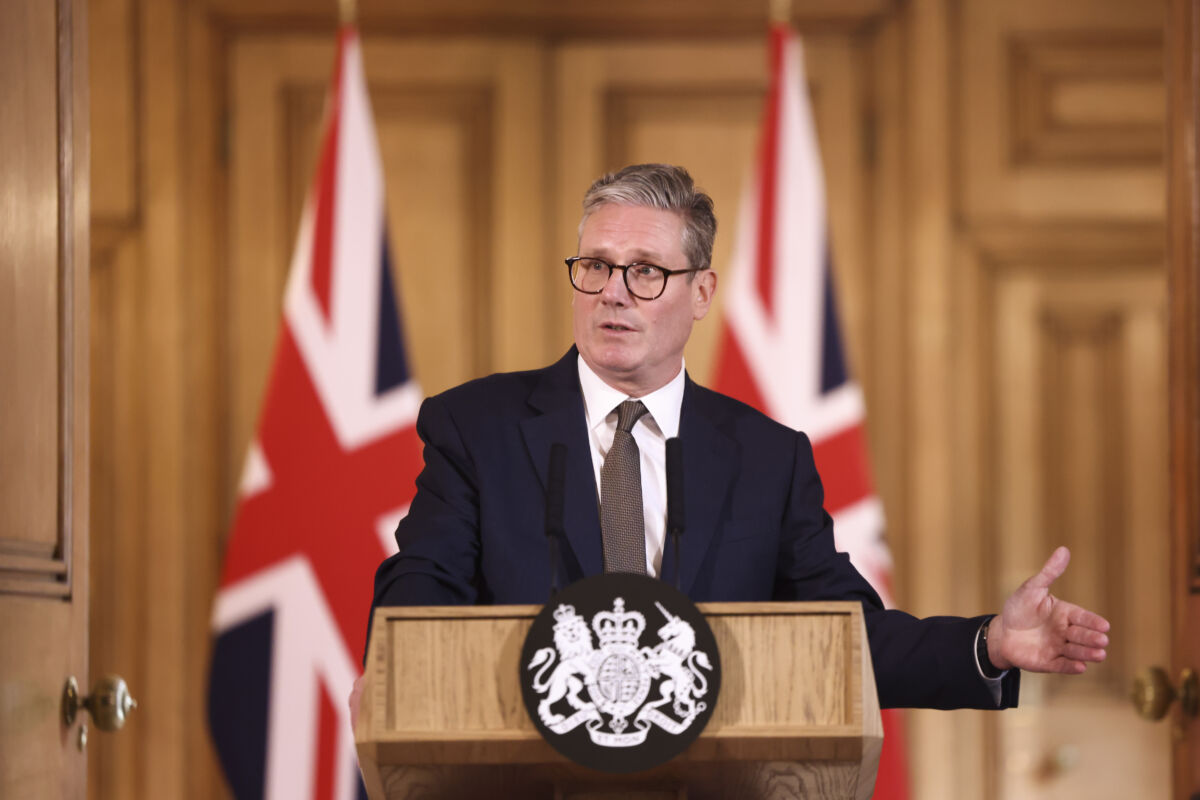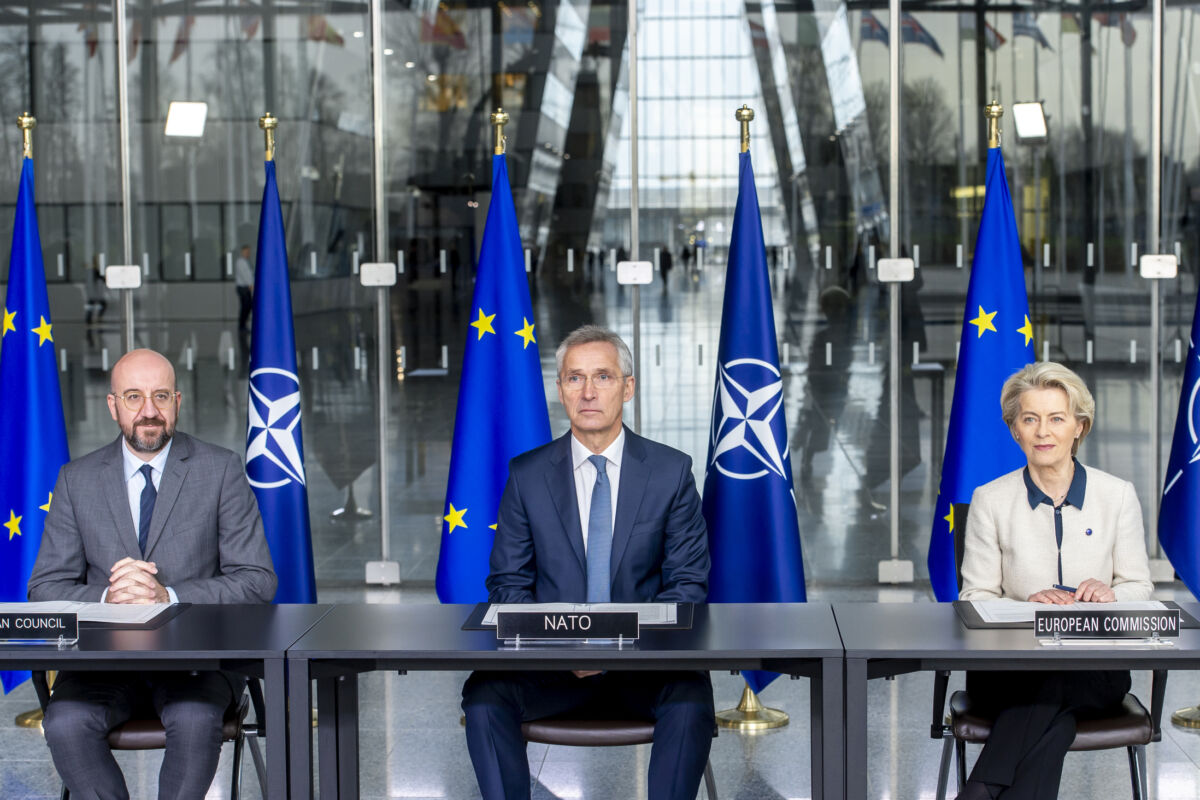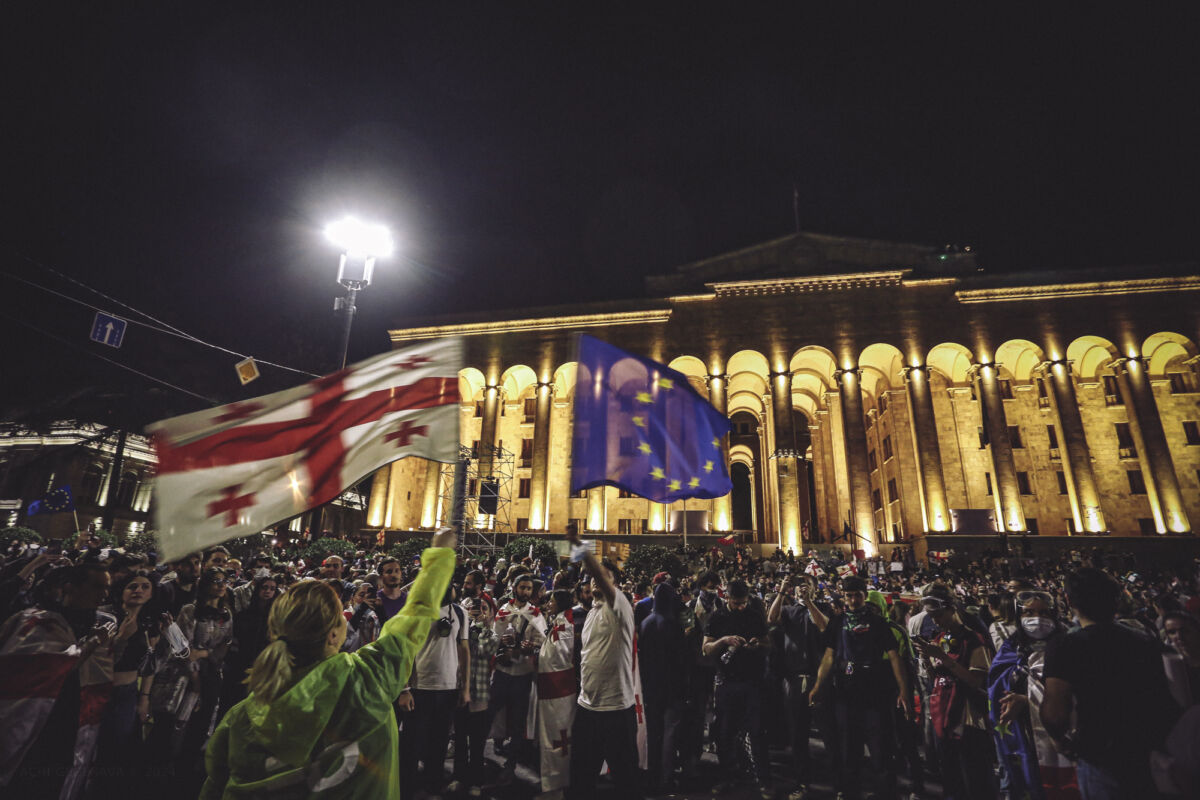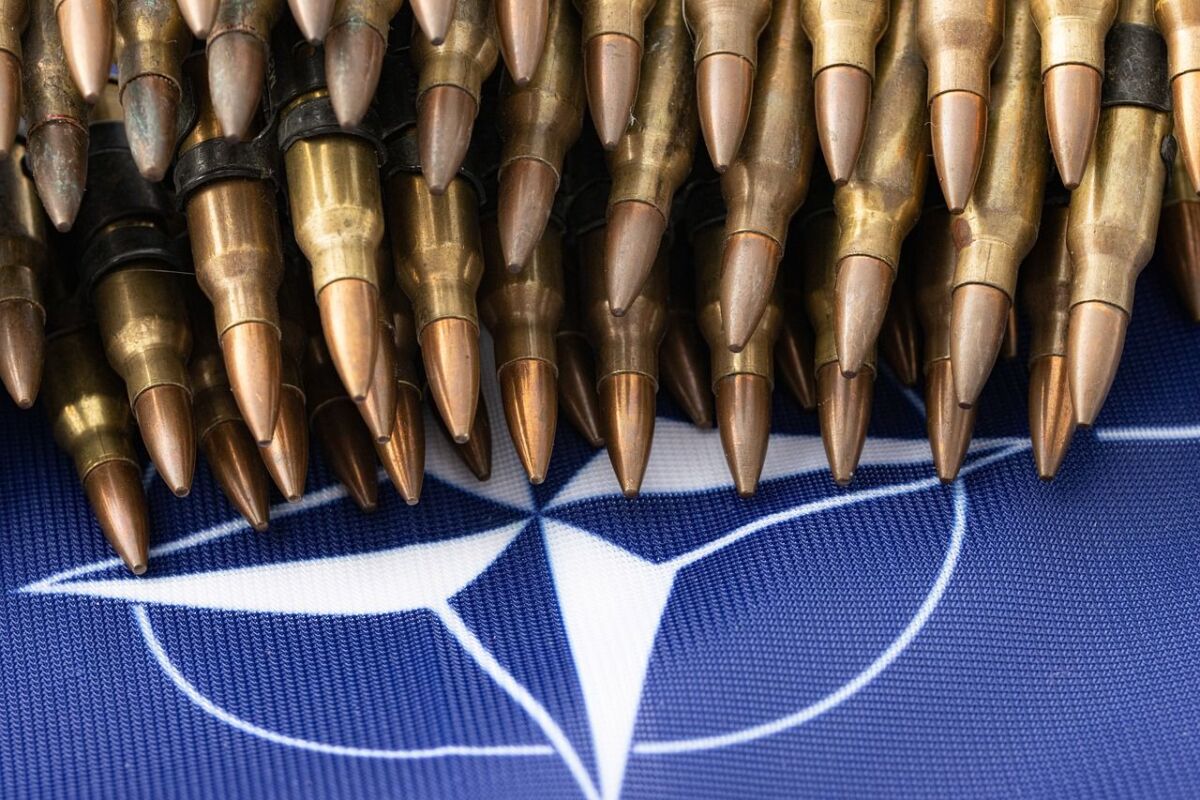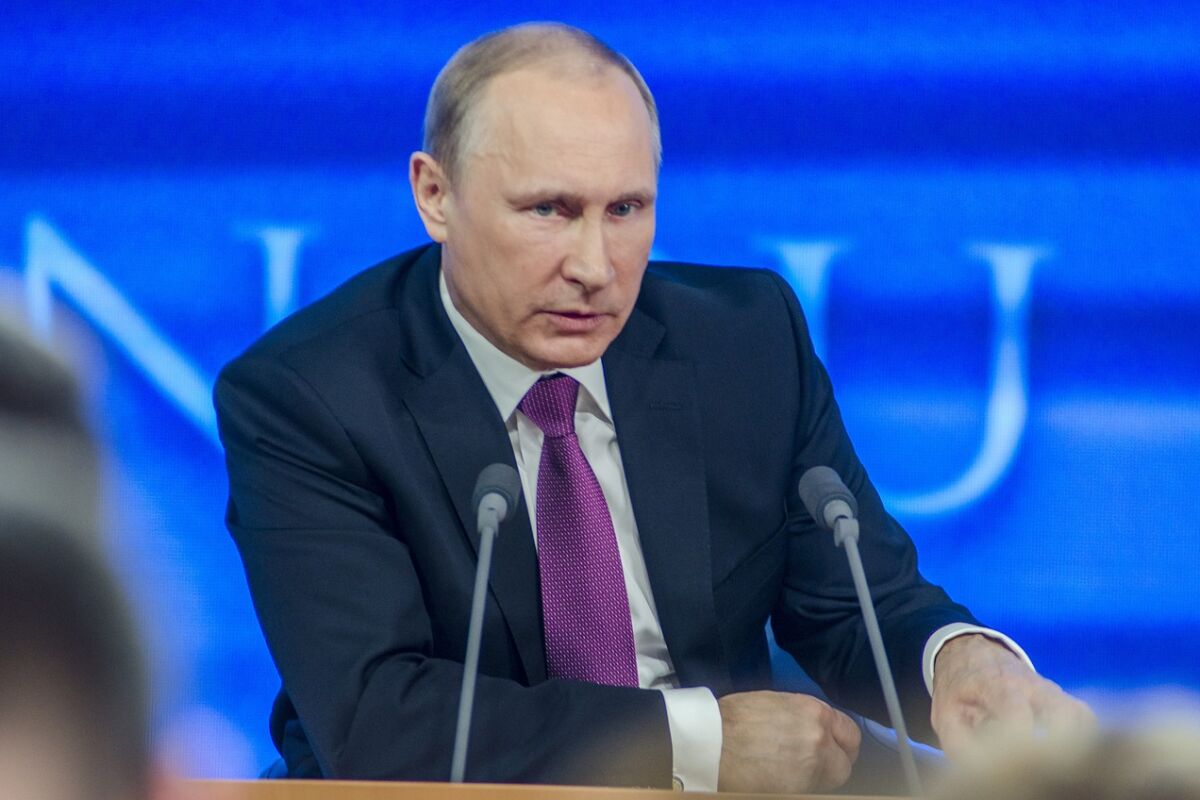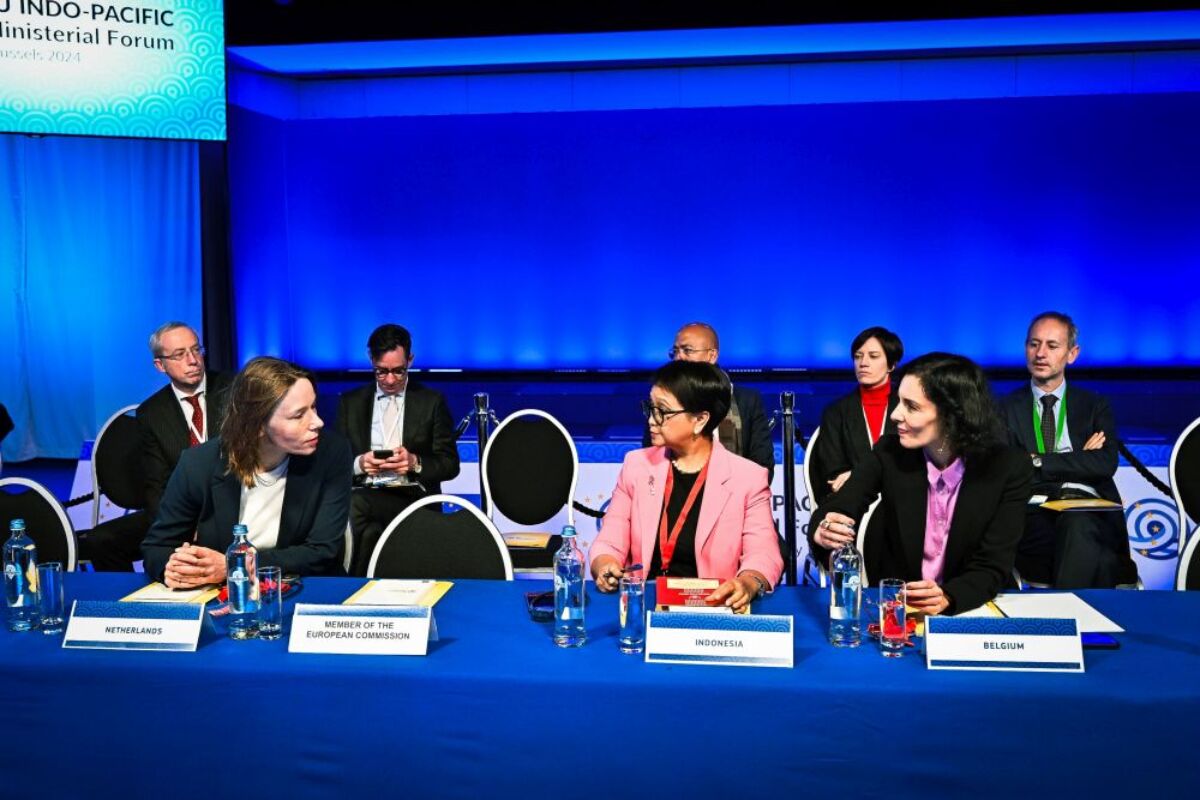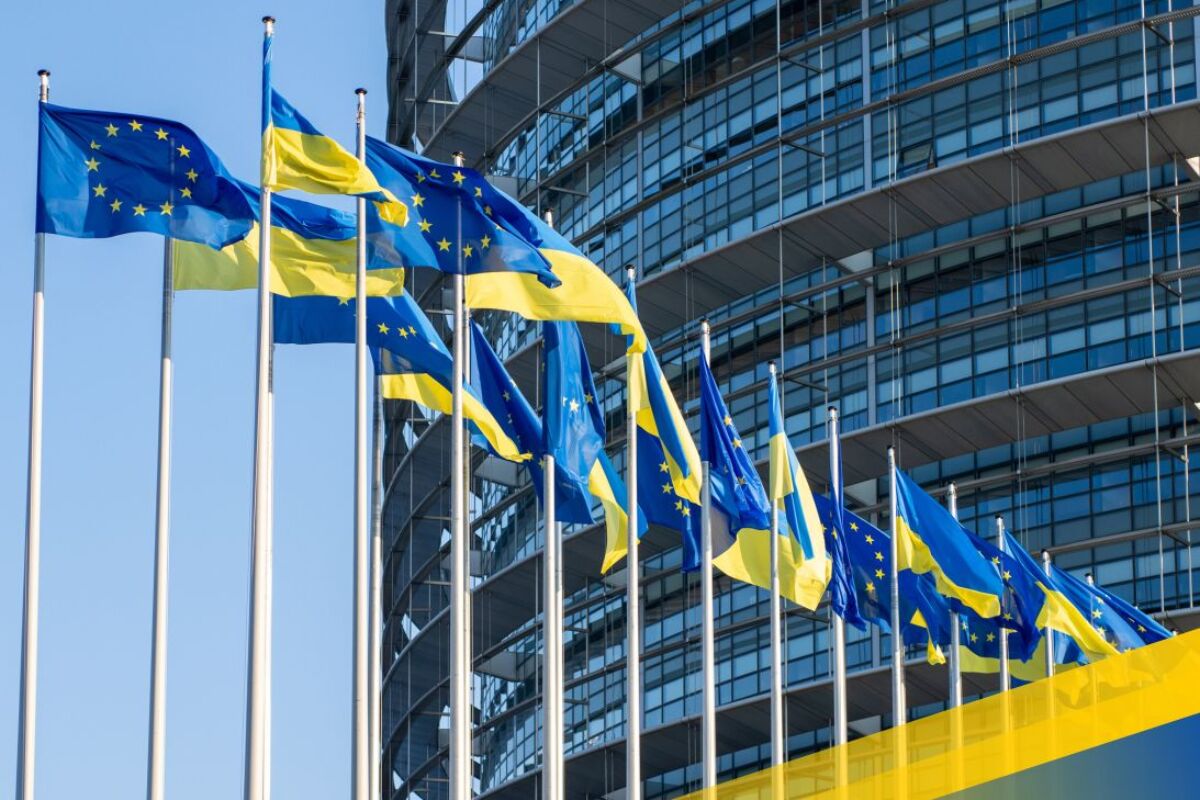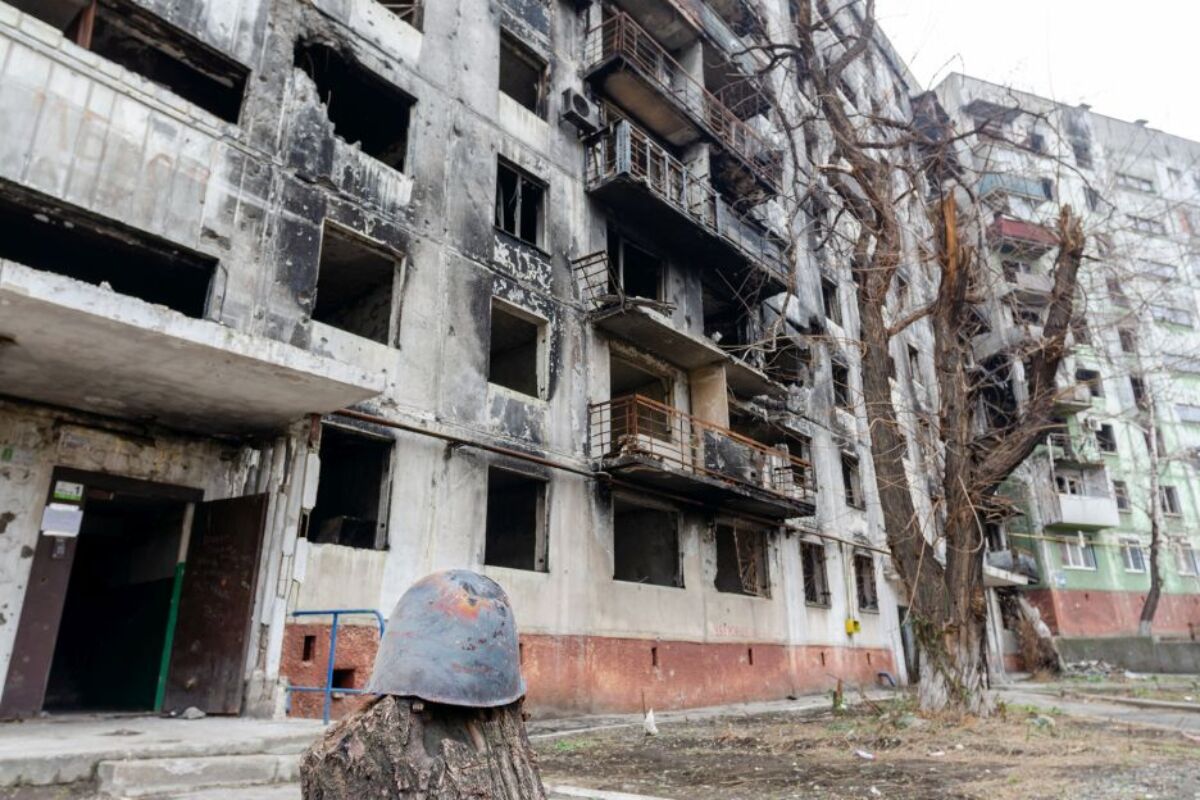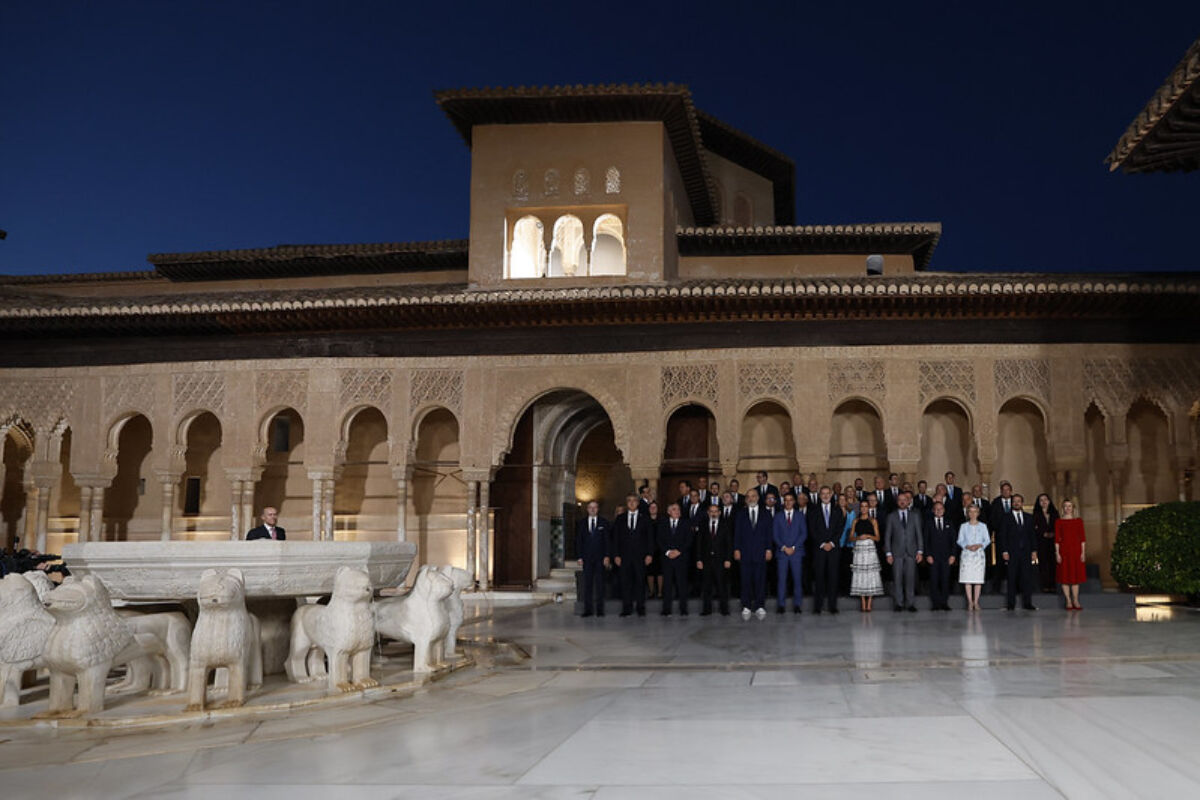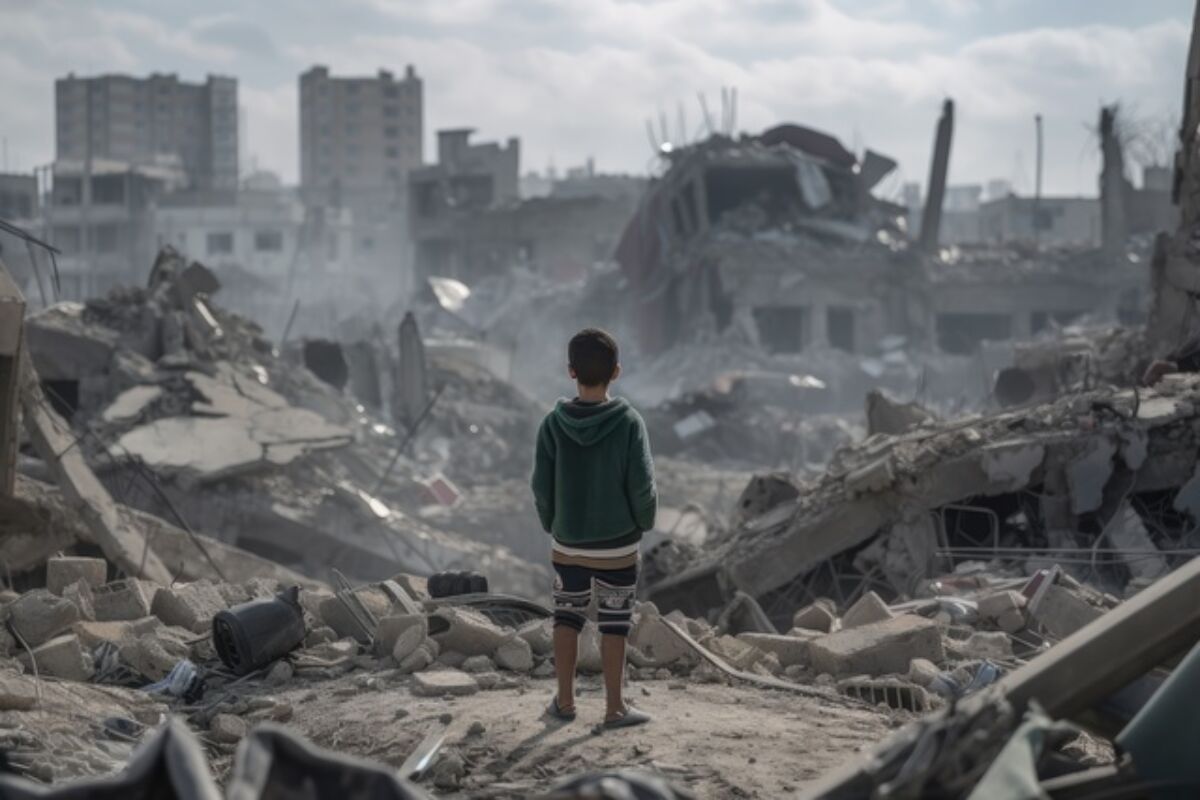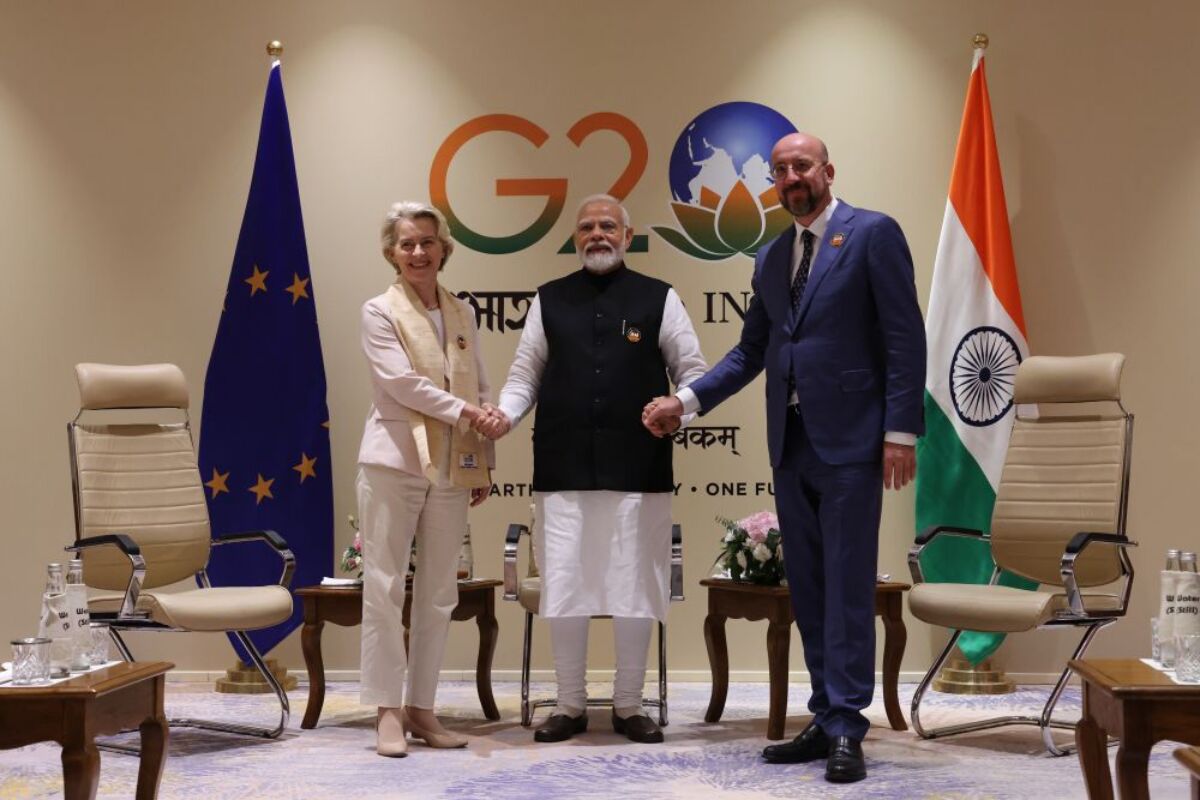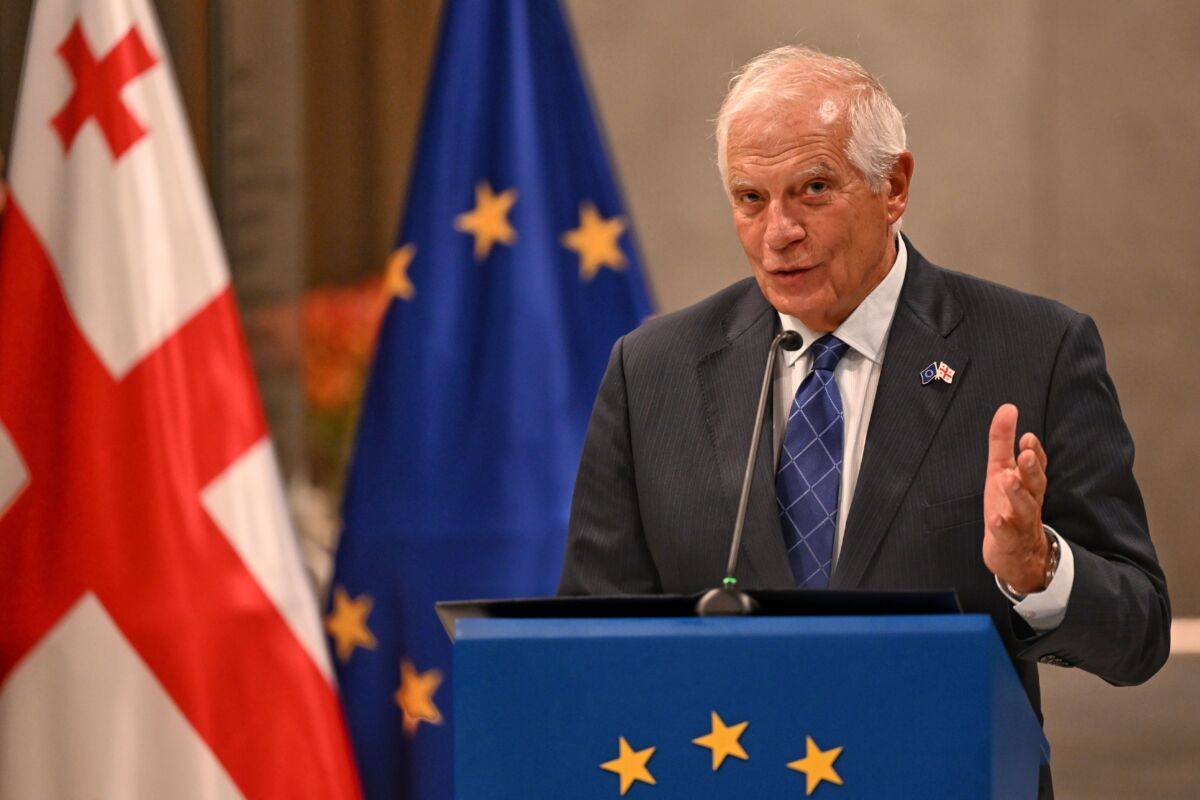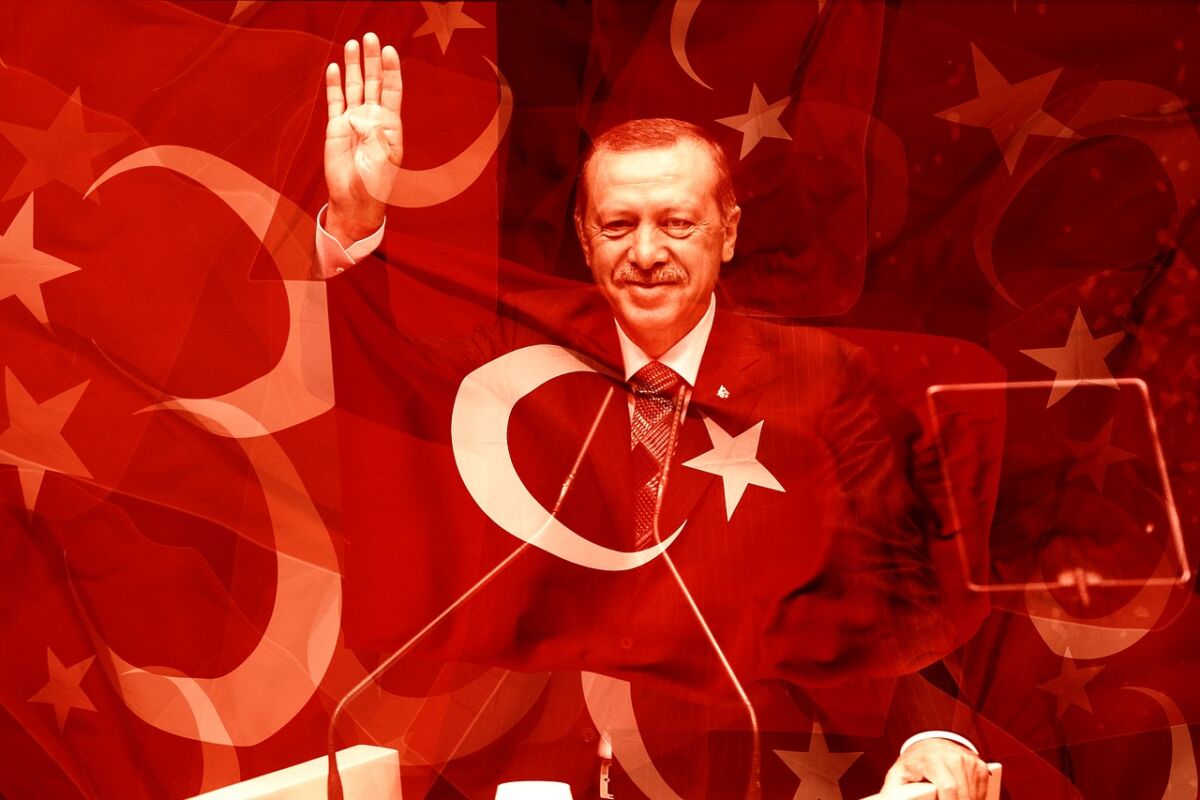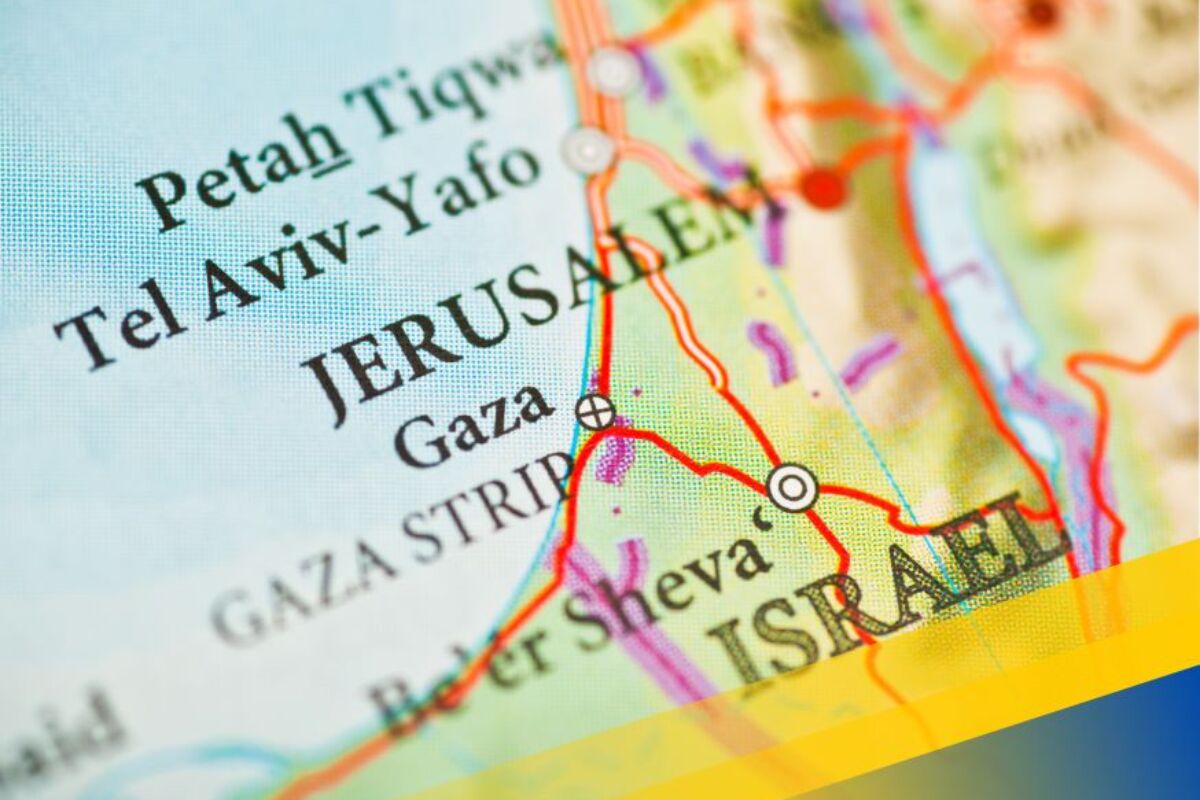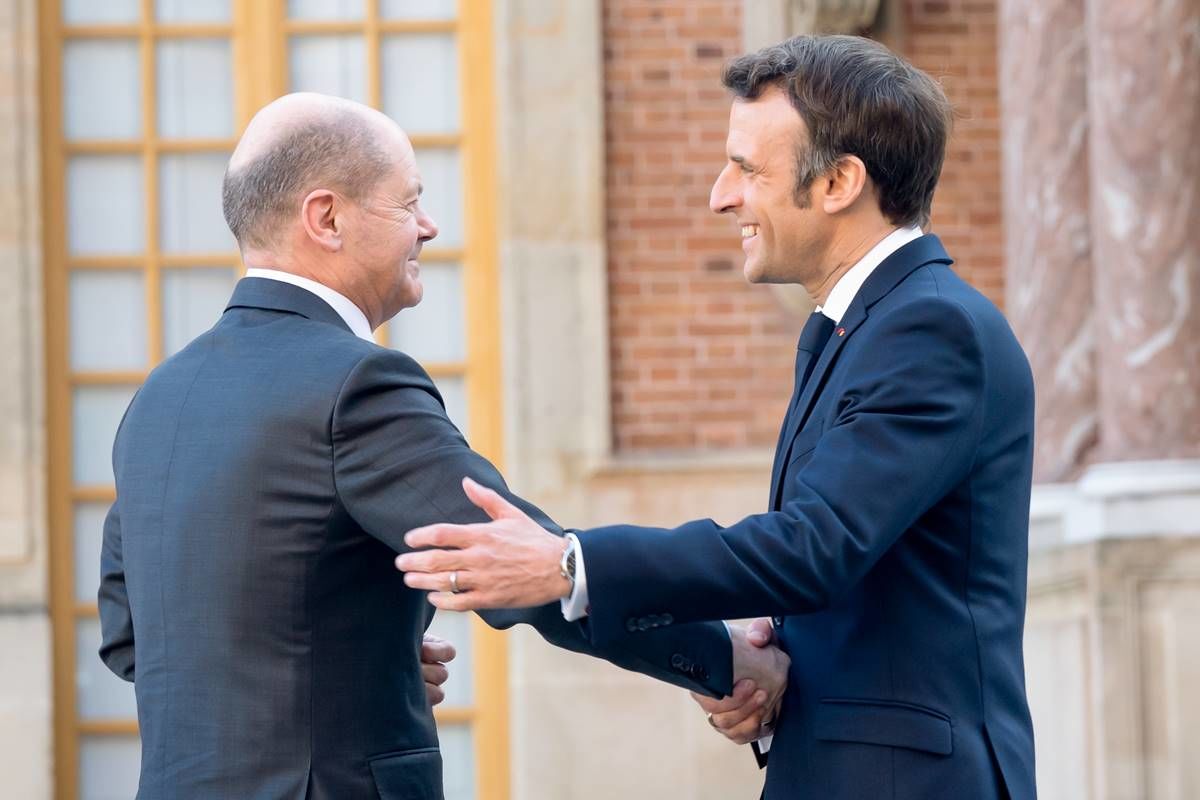The European Political Community (EPC) aims to enhance and channel dialogue and cooperation throughout the continent with a focus on security, stability, and prosperity. Yet amidst the labyrinthine challenges of geopolitics, the EPC finds itself at a crossroads, teetering on the edge of high-level dialogue while still searching for its real purpose before it can make a substantial impact.
Lessons learned from the Berlin Process and other connectivity-driven initiatives in southeast Europe could teach the EPC’s proponents (France, as its founder and chief cheerleader, the upcoming EPC Presidencies and other like-minded states) how best to apply the political will it has generated into concrete transnational endeavours.
The EU’s Global Gateway, the cornerstone of a new European approach towards third countries that integrates multi-layered connectivity into external relations, would also stand to massively gain from seeking synergies with the EPC.
It’s all about connectivity
This connectivity-heavy approach was initially implemented within the framework of the Berlin Process, launched in 2014 by Germany (and now in cooperation with eight other EU Member States plus the UK), vis-à-vis the six Western Balkans countries. One of its key outcomes is the alignment of hardware (infrastructure), the harmonisation of relevant software (norms and standards) and attuning the six’s policymaking with that of the EU, thus truly testifying to connectivity’s transformative power.
The Berlin Process has demonstrated that multi-layered connectivity could very well serve as the backbone of the EPC, transforming lofty political aspirations into tangible outcomes. Connectivity through the Berlin Process hasn’t just been about roads, bridges, energy, or digital networks, though – it also encompasses people-to-people, business-to-business, and institution-to-institution links between the EU and the Western Balkans, thus acting as a conduit to transmit and reinforce EU-driven regulations, norms, and standards.
A very important lesson to bear in mind is the importance of political will for infrastructure projects and connectivity-related policymaking. Political backing is pivotal, providing visibility, support, inclusivity, and the necessary oomph to implement transformative projects. It was political will generated through the Berlin Process that propelled connectivity initiatives like Corridor VIII – a strategic segment connecting the Adriatic and Black Sea via NATO countries in the Balkans – into the wider EU TEN-T Core network.
Following such logic, the EPC could also act as an engine for the political will needed for Global Gateway connectivity projects in Europe (and even beyond).
Taking inspiration from what came before
Other lessons learned on joint project planning, financing, implementation and operation from the South-East Europe 6 Connectivity Agenda (now part of the EU Economic and Investment Plan for the Western Balkans – EIP) can be tried and tested in EPC partner countries through Global Gateway. Via its EU-backed Flagship Projects, the EIP is promoting EU technical norms and good governance standards in the Western Balkans, all by respecting and enforcing democratic values. Building on this, the EPC could act as a political springboard for Global Gateway projects.
But addressing the EPC’s budget constraints requires innovative solutions. Existing EU budget allocations under EU Neighbourhood and/or development policies can support strategic and mature projects – such as the laying of the Black Sea undersea internet cable – and build them into showcases of what successful cooperation can achieve.
The Western Balkans Investment Framework (WBIF) example of blending EU grants, IFI loans, national budgets and private funding can also be adapted and used to leverage EU funding support for EPC projects. NDICI-Global Europe, one of the Commission’s new funding instruments which merges several older ones, will certainly profit from WBIF’s hands-on expertise in cajoling EU Member States to cooperate with each other, as well as harnessing EU financing instruments, IFI and third country budgets, while dealing with project management cycles in third countries.
In the current EU budgetary planning cycle, seizing the momentum is crucial. To make the most of the current 2021-27 budget mid-term review and the planning for 2028-35, pilot Global Gateway connectivity initiatives focusing on transport, energy, and digital projects, should be identified and supported. To bolster these efforts, political will channelled through the EPC would make all the difference, while still respecting the EU’s strict rulebook and budgetary autonomy.
The EPC and Global Gateway – two peas in a pod?
Synergies between Global Gateway and other worldwide connectivity initiatives involving the EU and/or European nations (such as the recently launched India-Middle East-Europe Economic Corridor) that are based on core democratic values, collaboration and exchange can propel both the EPC and Global Gateway into a new era, making the most of the former’s much more adaptable nature. Indeed, the EPC’s potential as a flexible political platform, capable of addressing collective challenges and fostering stability, hinges on its ability to embrace and effectively support multi-layered connectivity initiatives that are visible and have a real impact on the ground.
Yes, the EPC has been floundering of late, but its latent ability to channel and enhance political capital will help to increase the success rate of Global Gateway projects. On the flipside, Global Gateway’s tangible impact on the ground will provide much-needed visibility and democratic legitimacy for the EPC.
Working together, they would positively reinforce each other and could potentially be a powerful (and efficient) foreign policy tool to protect and project the EU’s political, economic and security interests, both in Europe and beyond.
Krisela Hackaj is the CEO of the Cooperation and Development Institute (CDI) and Ardian Hackaj is Research Director at CDI and Coordinator of the Tirana Connectivity Forum.



